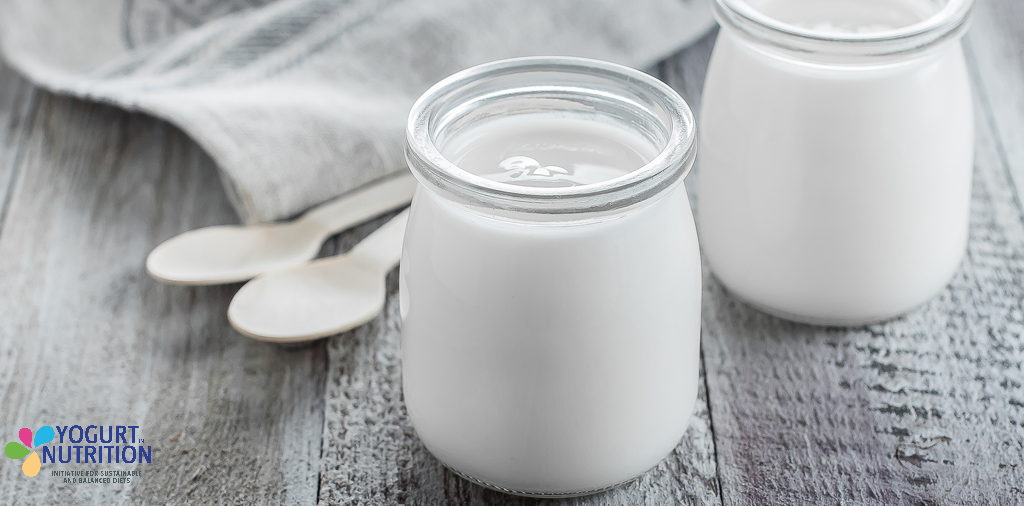Changes in the bacteria living in our gut may hold the key to explaining why yogurt is so good for us, a UK study suggests.
Eating yogurt is associated with several health benefits, including a reduced weight gain and protection against type 2 diabetes. But we don’t know exactly how yogurt exerts these effects. Now a new study shows that eating yogurt is associated with changes in the gut microbiota, and these changes may, at least partly, lie behind the health benefits.
What the study aimed to do
The study recruited over 4,000 adult volunteers from the TwinsUK cohort to examine the link between yogurt consumption and types of bacteria in the gut. The study also looked at compounds produced by gut bacteria and some measures of health.
Yogurt reflects a healthy diet pattern
People who ate yogurt at least once a week (n=3025) were likely to follow a healthier diet (as measured by the Healthy Eating Index [HEI]) than people who never ate yogurt (n=1092). In addition to yogurt, consumers ate more fruit, grain and dairy, and less protein than non-consumers.
After correcting for other possible influences on belly fat (e.g., age, sex), yogurt consumption was associated with reduced belly fat compared with non-consumers.
Diverse bacteria in the gut
The researchers also examined the bacteria living in the gut in a sub-group of over 1000 volunteers. They found that eating yogurt was associated with an increased diversity of bacteria types in the gut.
As might be expected, yogurt consumption was associated with a higher abundance of bacteria that are used as yogurt starters (Streptococcus thermophilus and sometimes Bifidobacterium animalis subsp. lactis) when compared with volunteers who didn’t eat yogurt.
The frequency of eating yogurt also had an effect. Eating yogurt often (more than 5 times a week) was associated with higher levels of S. thermophilus and B. animalis subsp. lactis compared with low consumption (1–5 times a week).
The authors showed that B. animalis subsp. lactis was associated with 13 compounds in faecal samples. One of these (3-hydroxyoctanoic acid) is known to be involved in reducing gut inflammation and could be involved in yogurt-associated health benefits, say the authors.
Top up on yogurt regularly
Analysis of faecal samples showed that increases in S. thermophilus and B. animalis in the gut could be short-lived after eating yogurt. If these bacteria are involved in yogurt-associated health benefits, eating yogurt regularly would be key to maintaining high levels of these bacteria in the gut. Further research is needed to determine how these bacteria in the gut are involved in yogurt-associated health benefits, the authors point out.
‘Yoghurt consumption is associated with a healthier dietary pattern, reduced visceral fat mass and a transient increase in the gut of bacterial species used in the making of yoghurt, namely S. thermophilus and B. animalis subsp. lactis.’ – Le Roy et al, 2022.
Find out more: read the original article
Additionnal sources:
- González S, Fernández-Navarro T, Arboleya S et al. Fermented dairy foods: impact on intestinal microbiota and health-linked biomarkers. Front Microbiol. 2019;10:1046.
- Redondo-Useros N, Gheorghe A, Díaz-Prieto LE et al. Associations of probiotic fermented milk (PFM) and yoghurt consumption with Bifidobacterium and Lactobacillus components of the gut microbiota in healthy adults. Nutrients. 2019;11(3):651.



